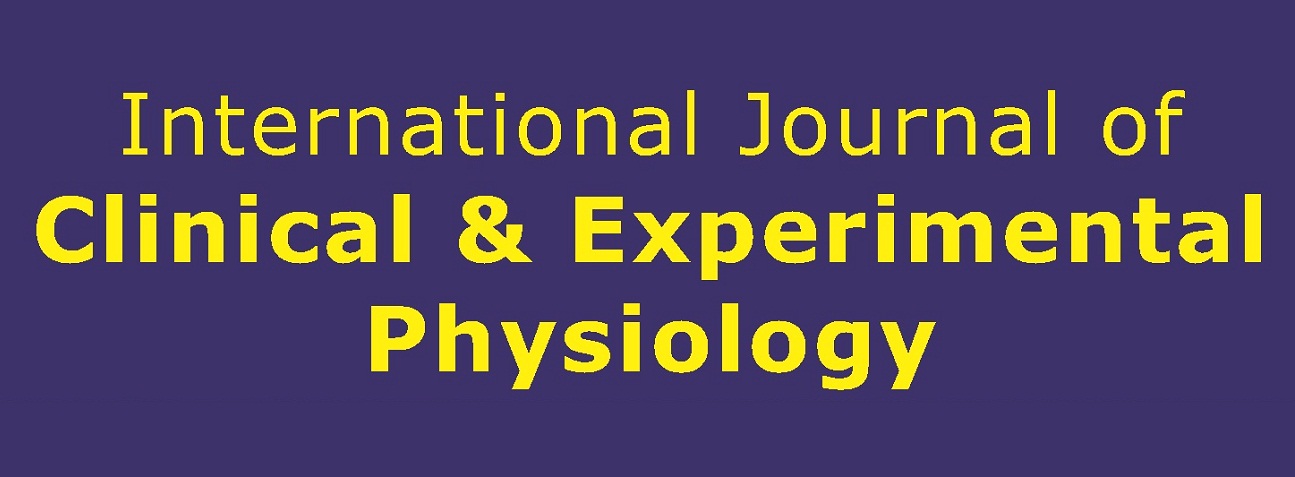Molecular Physiology of Magnesium in Cardiovascular System and Pathobiology of Hypomagnesaemia in Cardiovascular Diseases
Abstract
Magnesium, the fourth most abundant cation in the human body, is involved in several essential physiological, biochemical, and cellular processes regulating cardiovascular function. Mammalian cells regulate Mg2+ concentration through specialized influx and efflux transport systems that have only recently been characterized. Mg2+ influx is controlled by recently cloned transporters including Mrs2p, SLC41A1, SLC41A1, ACDP2, MagT1, TRPM6 and TRPM7. Magnesium efflux occurs via Na2+-dependent and Na2+-independent pathways. It plays a critical role in modulating vascular smooth muscle tone, endothelial cell function, and myocardial excitability and is thus central to the pathogenesis of several cardiovascular disorders such as hypertension, atherosclerosis, coronary artery disease, congestive heart failure, and cardiac arrhythmias. Much research is still needed to clarify the exact mechanisms of Mg2+ regulation in the cardiovascular system and the implications of aberrant transcellular Mg2+ transport in the pathogenesis of cardiovascular disease. This review discusses the vasodilatory, anti-inflammatory, anti-ischemic, and antiarrhythmic properties of magnesium and its current role in the prevention and treatment of cardiovascular disorders.


This work is licensed under a Creative Commons Attribution-NonCommercial-NoDerivatives 4.0 International License.





